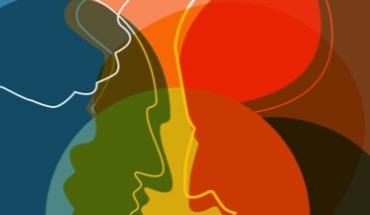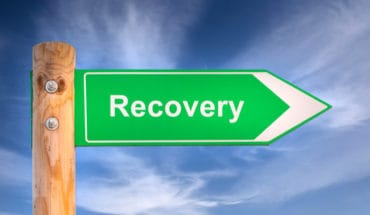Food plays an integral part in our lives and we all spend time thinking about what we have eaten, or what we are going to eat. Sometimes we may try to eat more healthily, try a diet, have cravings, eat more than usual or lose our appetite. Changing your eating habits every now and again is normal. This article will help you recognise early signs and broach difficult conversations should you feel that there is something seriously wrong.
Sometimes food and eating becomes an obsession and feels like it’s an overwhelming part of life. This is when it becomes a problem.
When someone has an eating disorder, they will often eat too much or too little, or binge and make themselves sick, or use laxatives. They can become obsessed with their body weight and appearance and what they see when they look in the mirror can be very different to the reality.
It is often believed that if someone has an eating problem they will always noticeably appear under or overweight – this is not the case! Anyone, regardless of their weight, age or gender can be seriously affected by an eating disorder.
Eating problems vs Eating disorders
After someone develops eating problems it can go on to become an eating disorder.
- An eating disorder is a medical diagnosis based on eating patterns, medical tests, weight, blood and body mass index (BMI).
- An eating problem is a difficult relationship with food. This can be just as hard to live with as a diagnosed eating disorder.
Eating problems tend not to be just about food. They can be a way of coping with difficult things and painful feelings, which the person may find hard to express, face or resolve. Therefore, focusing on food can be a way of disguising these problems, sometimes the individual themselves may not realise this is the case.
Lots of people have different eating habits. You might be known as a fussy eater, eat loads one day, less another day, try diets and want to eat more or less healthily. But none of these mean you have an eating problem.
However, if you focus on controlling what or how much you eat, or if you have urges to eat and then make yourself sick (bulimia), or try using laxatives afterwards, these are signs you could have a problem.
How common are eating disorders?
Eating problems are common and they affect people with any body shape or lifestyle. Between 1.25 and 3.4 million people in the UK are affected by an eating disorder. Around 25% of those affected by an eating disorder are male. Most eating disorders develop during adolescence, although there are cases of eating disorders developing in children as young as 6 and in adults in their 70’s.
All kinds of things can lead to eating problems or disorders. Sometimes people develop an eating problem to try and control something in their life when they are feeling worried, stressed or feeling out of control. Sometimes social media and media portrayal can lead people to feel they have to look a certain way, or be a certain weight which may not be healthy.
Often what someone sees when they look in the mirror is totally different to what they really look like.
Signs someone could have an eating problem
Here are some indicators that someone could be experiencing an eating problem:
If they are regularly:
- Not wanting to eat or eating when not hungry
- Obsessing about their body (e.g. being too fat, need a 6 pack or more muscles)
- Eating only certain types of things or following fad diets
- Afraid of gaining weight
- Their appearance may change, becoming noticeably fatter or thinner
- Making themselves sick
- May eat very slowly and cut their food up very small or eat a lot of food very fast
- No longer enjoying eating socially or leaving the table quickly (to be sick or hide food or visit the bathroom)
- Obsessing about buying or cooking food for others
- Being secretive about eating and preoccupied with food
- Being self-conscious about eating in front of others
- Struggling to concentrate and feel tired a lot
- Become depressed and anxious
- Appear unwell and sluggish
- Lose their spontaneity and no longer want to travel or to go anywhere new
- Frequently compare their body weight or image with others.
Many people manage to hide their eating problems – sometimes they can successfully manage this for a very long time.
A person’s weight on its own does not determine whether they have a problem.
Being able to control how much they eat often gives a feeling of order but can lead to more serious issues.
Some eating problems become serious mental health conditions that need professional intervention to diagnose and treat.
In serious cases and without the right kind of support and treatment, they can even result in death, which is why it is so important to get help as soon as possible.
Recovering from an eating disorder can be a long process, but with the right help a full recovery is possible.
What to do if you think you have an eating problem
Speak to your GP for advice. Sometimes learning to eat normally again can be hard work, so your doctor can help you get the support you need. They might suggest talking therapies that involve the whole family. They will help you deal with the issues that may have triggered the eating problem.
The doctor may also want to measure your weight to assess your BMI (Body Mass Index) –many people are nervous about this; however it is vital to remember that they don’t want to judge, they need this information to help.
Avoid apps, accounts or websites that contribute to your negative body image and your relationship with eating.
- What is a seizure? - 13th March 2025
- Febrile Convulsions and Seizures in Children - 13th March 2025
- Why women are less likely to receive CPR or survive cardiac arrest - 6th March 2025







